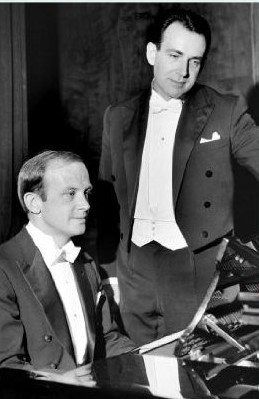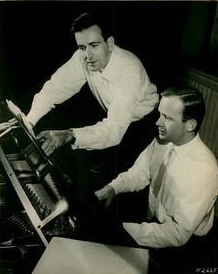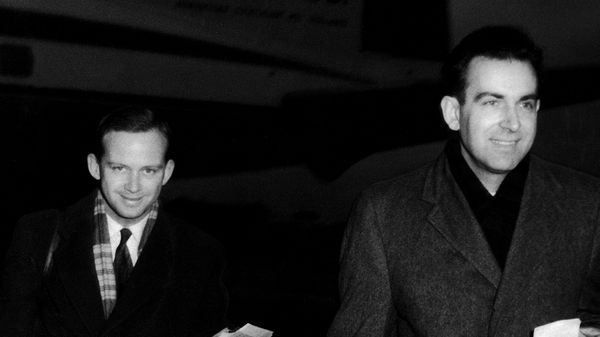Episode 13. Christmas with the Tenors
SOCIAL SHARE
SUBSCRIPTION PLATFORM
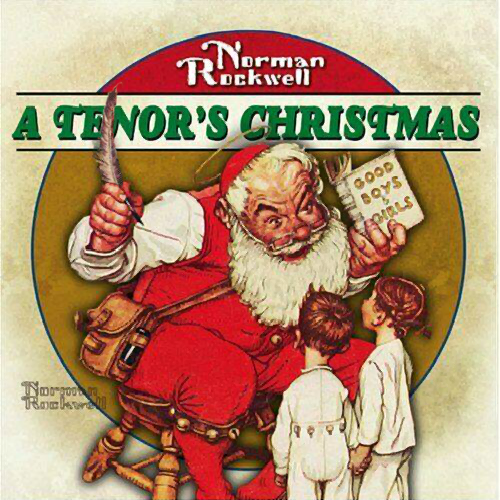
This week is the first of two episodes featuring Christmas music. I decided to feature tenors, but with a difference: none of The Three Tenors will put in an appearance. In compensation, this week I feature a panoply of superb tenors (including Fritz Wunderlich, Georges Thill, Richard Lewis, Roland Hayes, Tino Rossi, Franco Corelli, Ernst Haefliger, Richard Tauber, Karl Erb, and Matthew Swensen) in repertoire ranging across the spectrum (Handel, Adam, Gounod, Bach, Berlin, and traditional Weihnachtsmusik, with some surprises along the way). The episode concludes with a brief musical tribute to Dalton Baldwin, Gérard Souzay’s partner and collaborator, who died this past week at the age of 87.
RECORDINGS HEARD IN THIS EPISODE
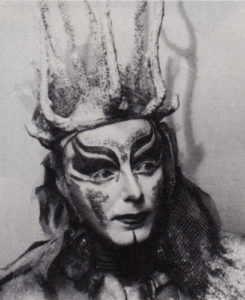
The Cherry Tree Carol. Russell Oberlin, (counter)tenor; with Robert Shaw leading The Robert Shaw Chorale. First issued on RCA Red Seal Records, LM-1711 (1957). The podcast begins with the story of my first exposure to this exemplary voice. The Oberlin timbre and artistry (not to mention its gender non-specificity) played a major part in my life.
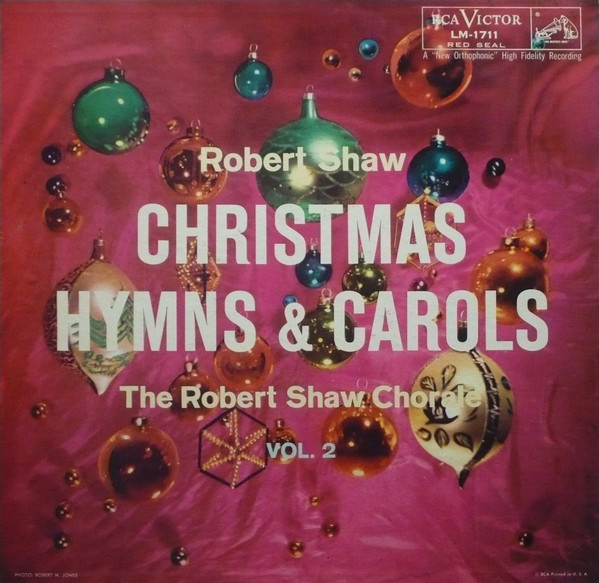
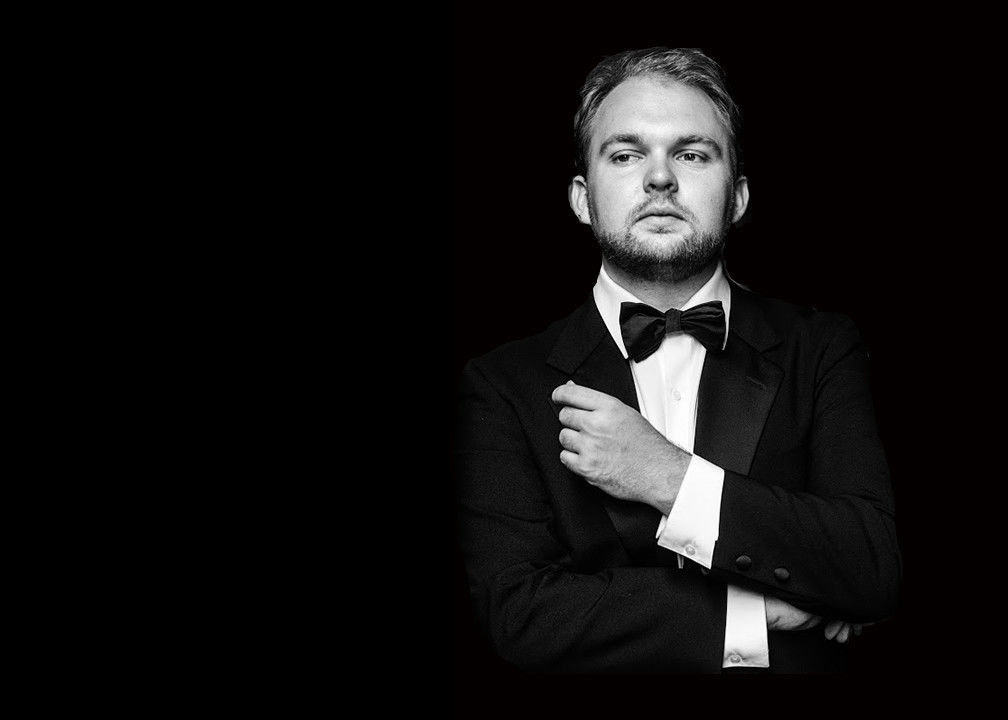
George Frideric Handel: Comfort ye, my people… Ev’ry valley (Messiah). Matthew Swensen, tenor; Reinhard Kammler conducting the Residenz Kammerorchester München. I am pleased to include a young tenor who can stand in confidence with the others that are included in this episode.
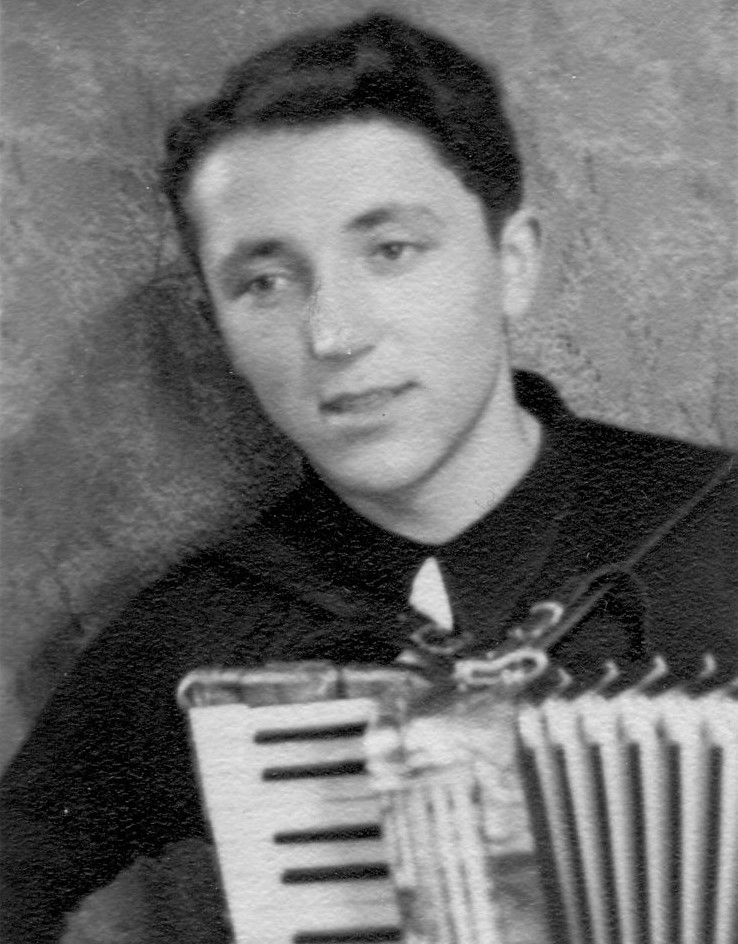
Did you know that a young man’s best friend is his accordeon?
Johann Sebastian Bach: Frohe Hirten, eilet, ach, eilet (Weihnachtsoratorium). Fritz Wunderlich, tenor; August Langenbeck conducting Radio-Sinfonieorchester Stuttgart des SWR (live performance, 18 December 1955). Currently available on Hänssler Classic Profil PH08028. Other performers include Friederike Sailer, soprano; Erika Winkler, mezzo-soprano; Hannes Swedberg, bass; and the Stuttgarter Hymnus Chorknaben.
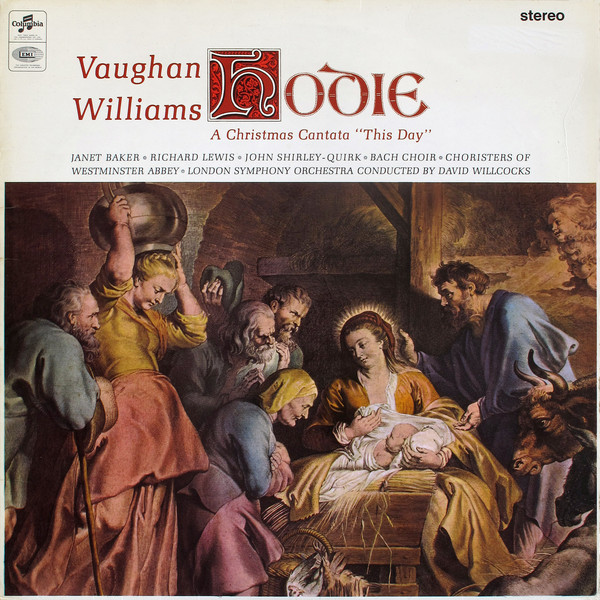
Ralph Vaughan Williams: Bright portals of the sky (Hodie). Richard Lewis, tenor; David Willcocks conducting the London Symphony Orchestra. First issued on EMI (33SX 1782) / Angel (S 36297) (1965). Other performers include Janet Baker, mezzo-soprano; John Shirley-Quirk, baritone; the Bach Choir; and the Choristers ff Westminster Abbey.
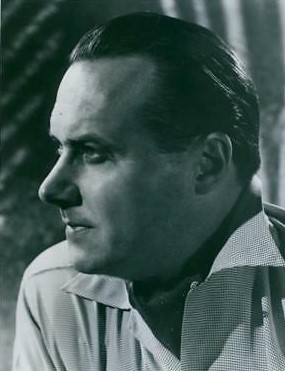
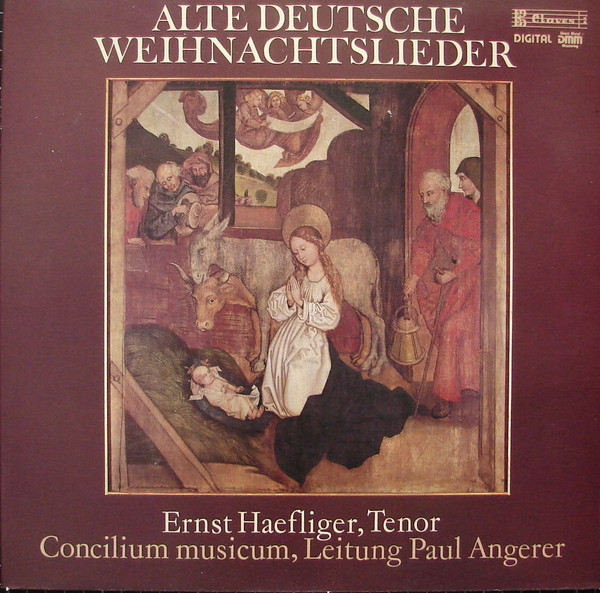
Kommet, ihr Hirten. Ernst Haefliger, tenor; Paul Angerer leading the Concilium musicum. Claves Records D 8408 (1984). This is a German carol based on a Czech original “Nesem vám novin.” The German words were written by Carl Riedel and first published in a collection of Bohemian carols in 1870.
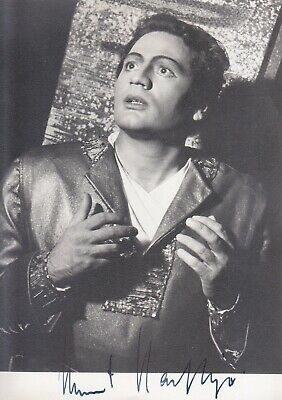
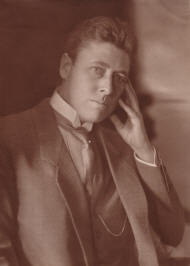
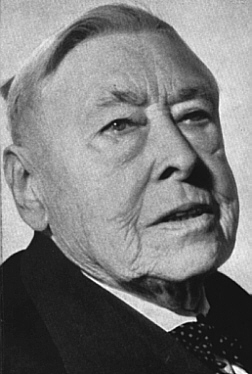
Johann Sebastian Bach: O Jesulein süß, o Jesulein mild, BWV 493. Karl Erb, tenor; Bruno Seidler-Winkler, piano. HMV EG 3184 (1934). Reissued on the Karl Erb Liederalbum, Preiser Records, 89208. I speak briefly about Karl Erb on the podcast. His is a strange voice, but it’s one that I respond to very deeply. Some say his timbre resembles that of a countertenor. I’m not sure that I agree, but it is a distinctive sound. He had an enormous operatic repertoire including, perhaps surprisingly, Bacchus in Ariadne auf Naxos, Max in Der Freischütz, Walther in Die Meistersinger, the title roles in Wagner’s Parsifal, Tannhäuser, and Lohengrin and Pfitzner’s Palestrina and Der arme Heinrich as well as more lyrical roles by Gounod, Mozart, and Rossini. I treasure his recordings of Lieder, even those made when he was an old man and nearly voiceless. The humanity in this voice moves me deeply.
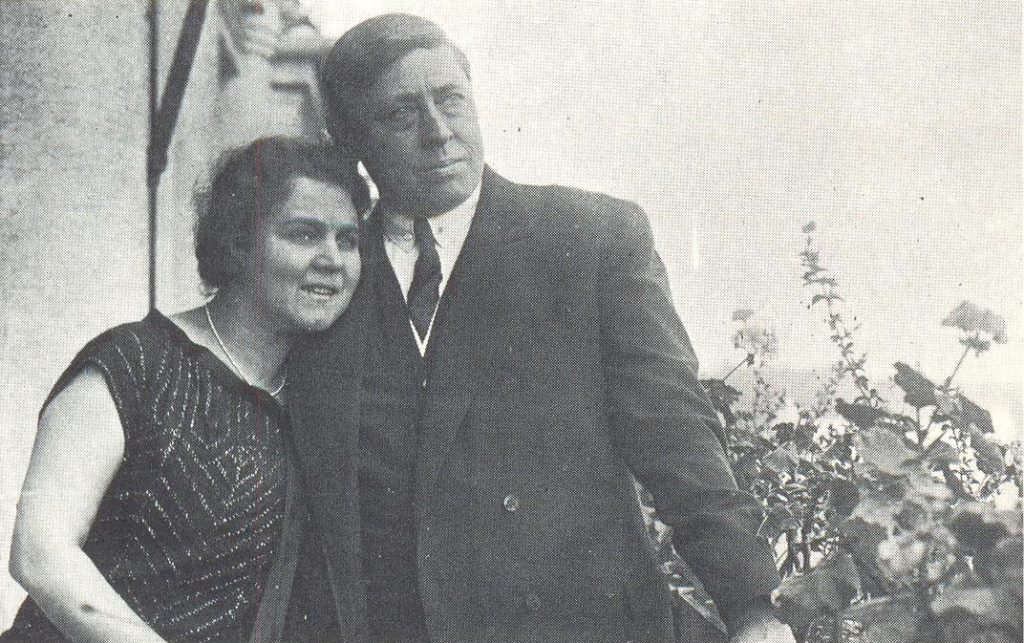
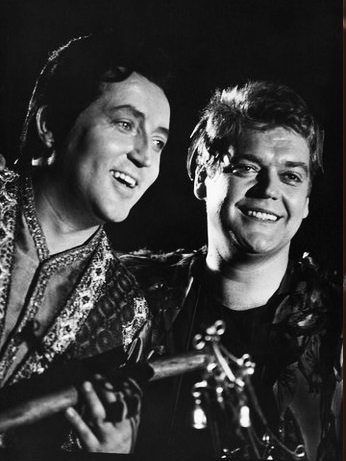
Michael Praetorius: Es ist ein Ros’ entsprungen. Fritz Wunderlich, tenor; Fritz Neumeyer leads an instrumental ensemble. First issued on Eine Weihnachtsmusik on Polydor 249 090 (1966). The recording includes actor duets with baritone Hermann Prey as well as actor Will Quadflieg reading the Christmas Story.
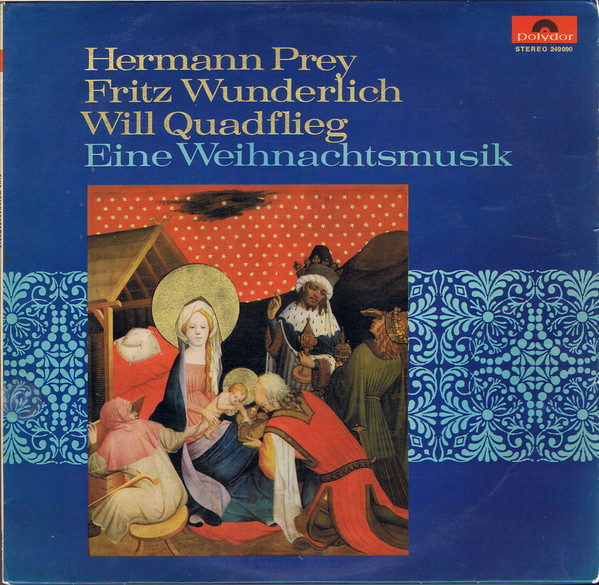
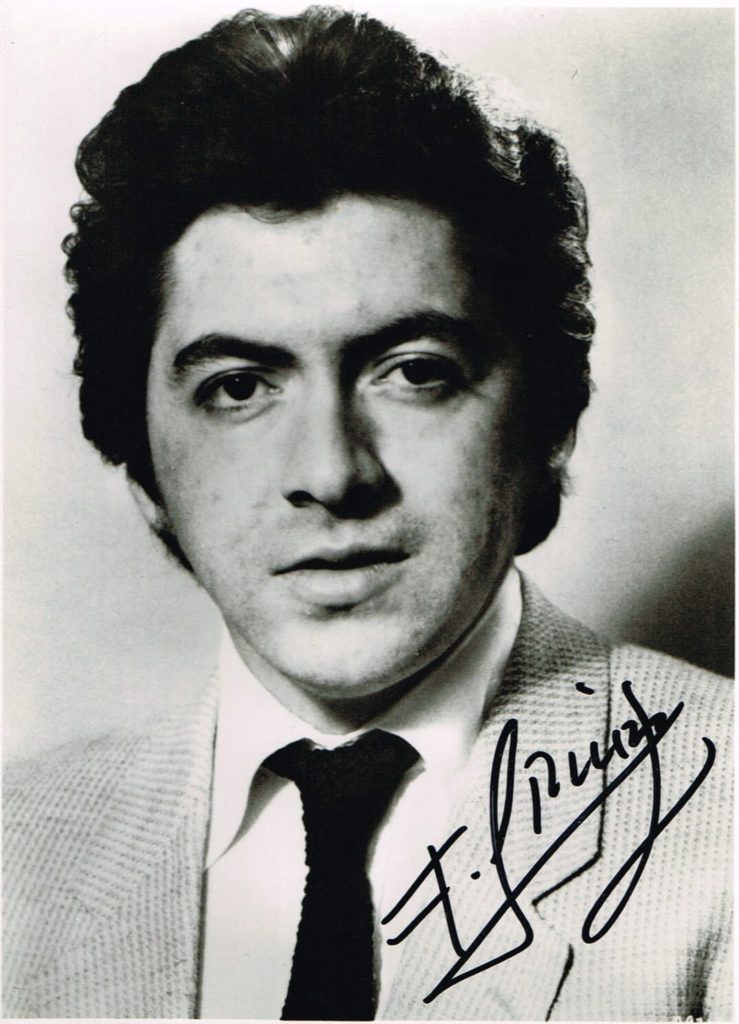
César Franck: Panis angelicus (Messe à trois voix ). Francisco Araiza, tenor. The conductor, though he appears only in long shots, appears to be Enoch zu Guttenberg (1946-2018). If that is the case, this would be taken from the 1992 television special entitled Jauchzet, frohlocket – Weihnachten in Nürnberg. I am a big fan of Araiza’s singing, though he certainly underwent a great deal of criticism and negative scrutiny when he moved into heavier repertoire. I heard him sing Tamino in Die Zauberflöte at Lyric Opera of Chicago in 1986. I cannot imagine a better performance of the role. (P.S. He’s a marvelous Lieder singer as well!)
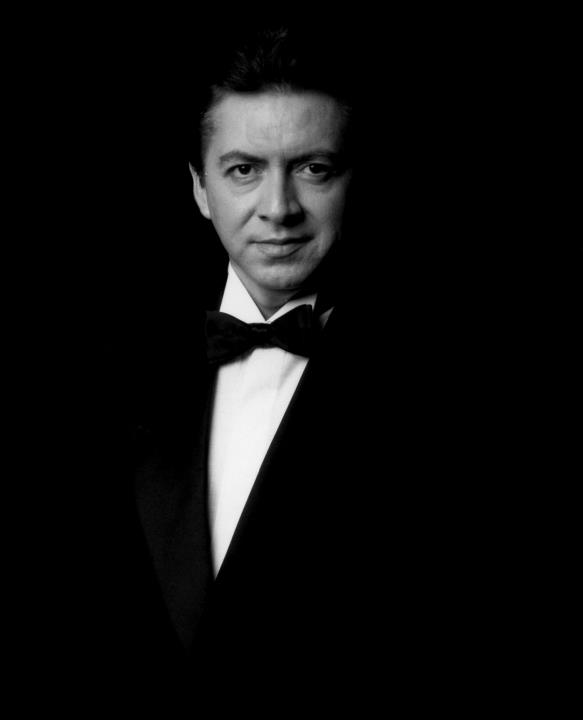
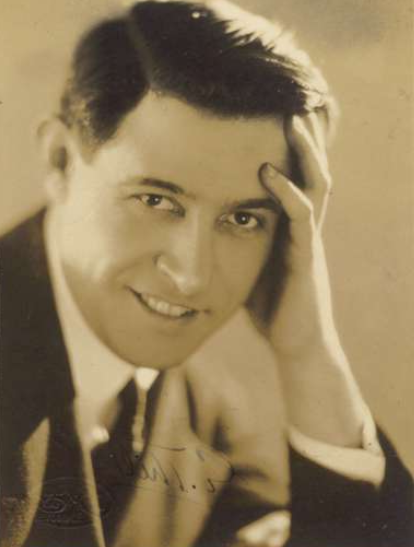
Gabriel Fauré : Noël. Georges Thill, tenor; Maurice Faure, piano. Recorded 10 October 1936. Columbia LF152, LB42, 4218-M. Thill is one of my favorite singers in the entire universe. I will be devoting more time to him in the future. My not-boyfriend David was just asking me why I liked him and I said, “I just melt when I hear that sound.” He pressed me further as to just what it was about that sound, to which I responded that he has such ease in his high notes, and that in spite of that balance toward the voix mixte (and in face, I would suggest, precisely because of it), he also has a clarion timbre that does justice to the most heroic material. He’s also beautifully expressive and always uses his unique voice in the service of both the words and the music. Okay, I’m going to post a bunch of photos right now. We will return to him in the near future!
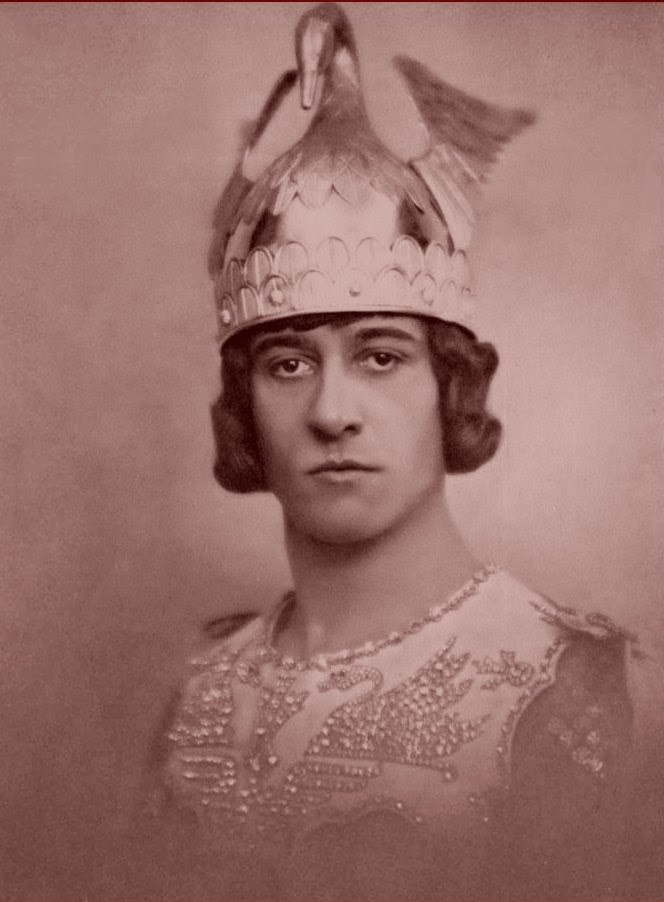
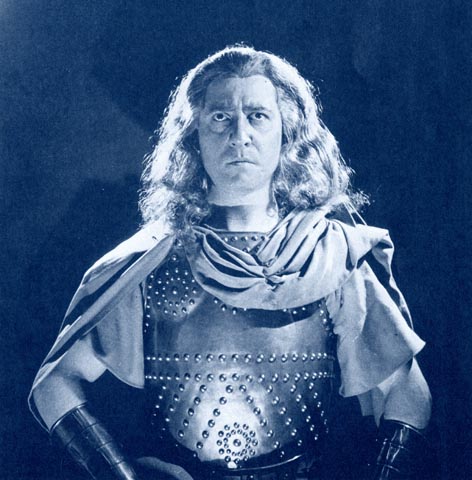
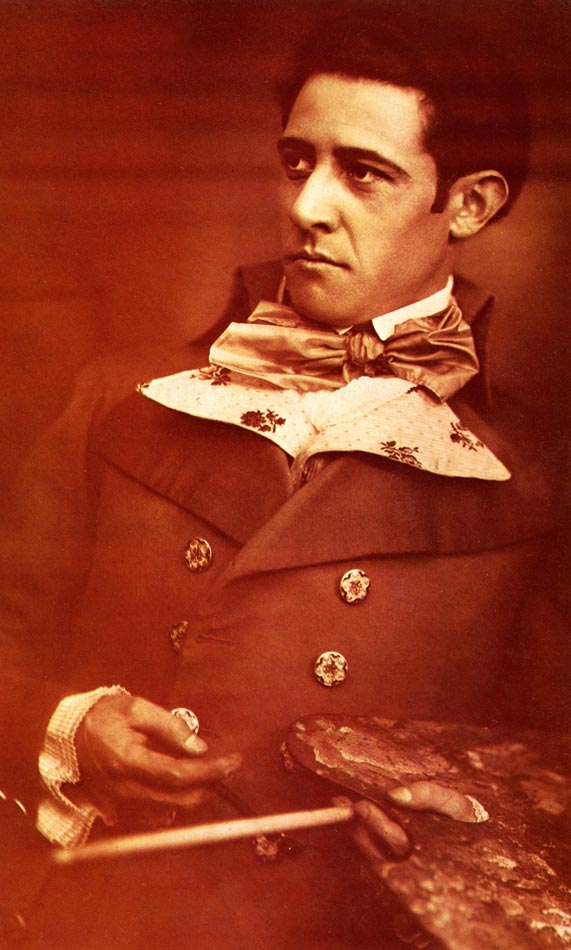
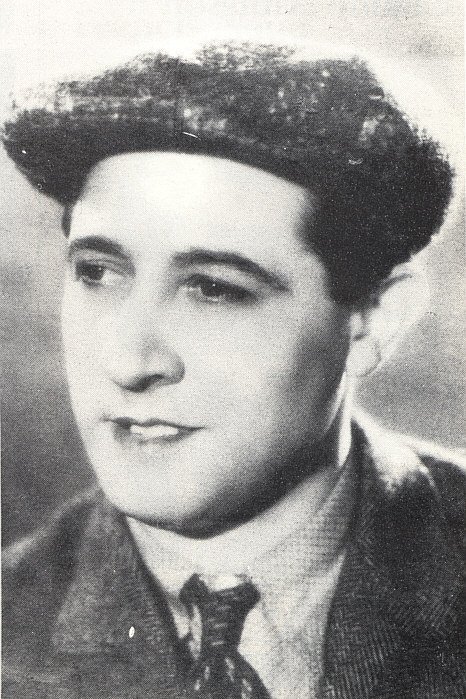
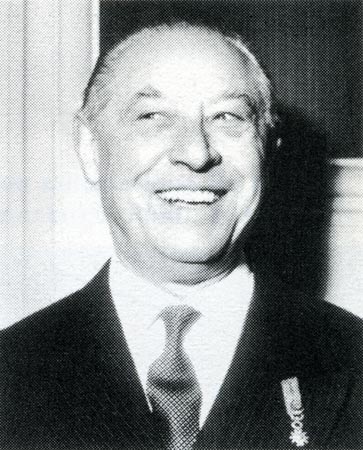
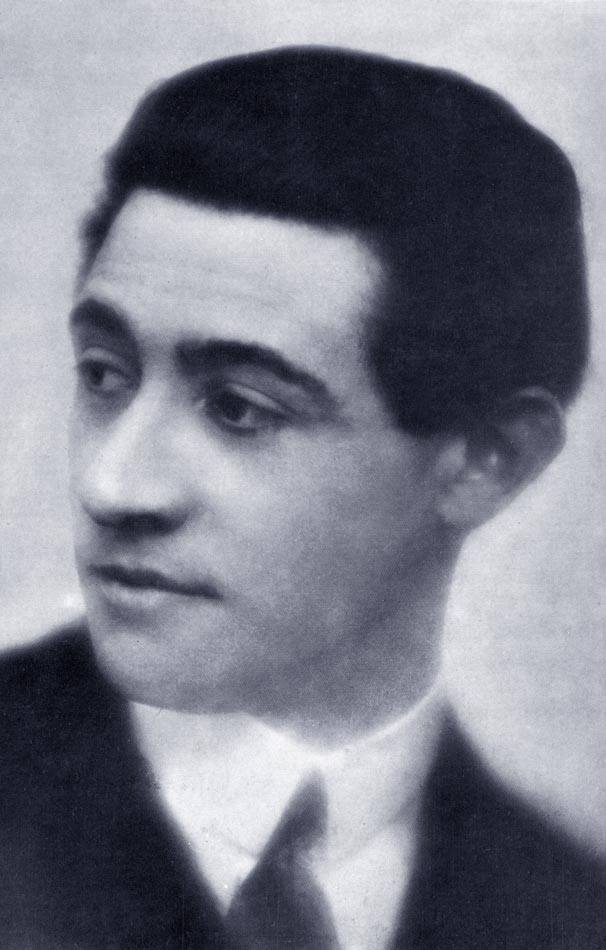
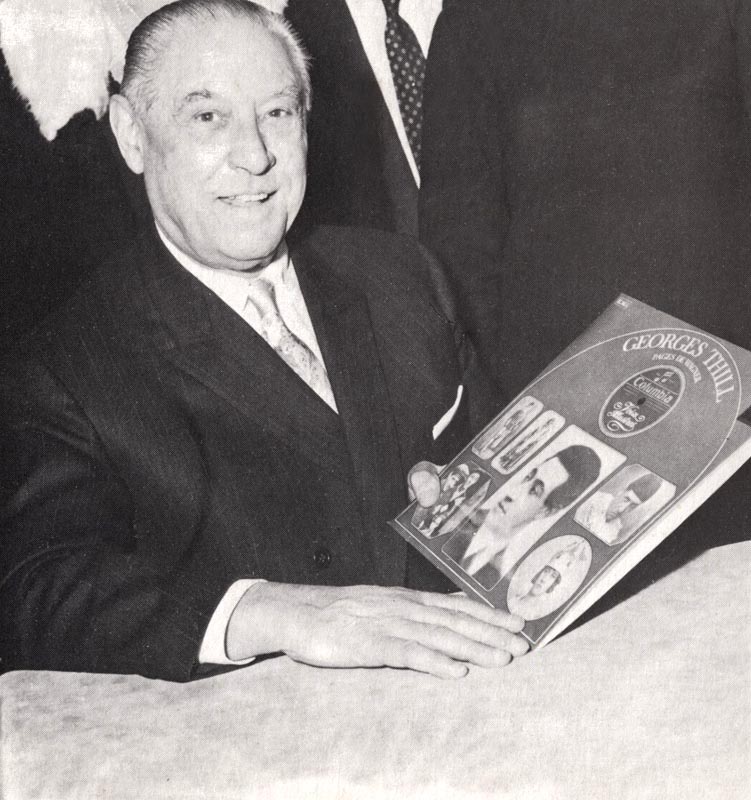
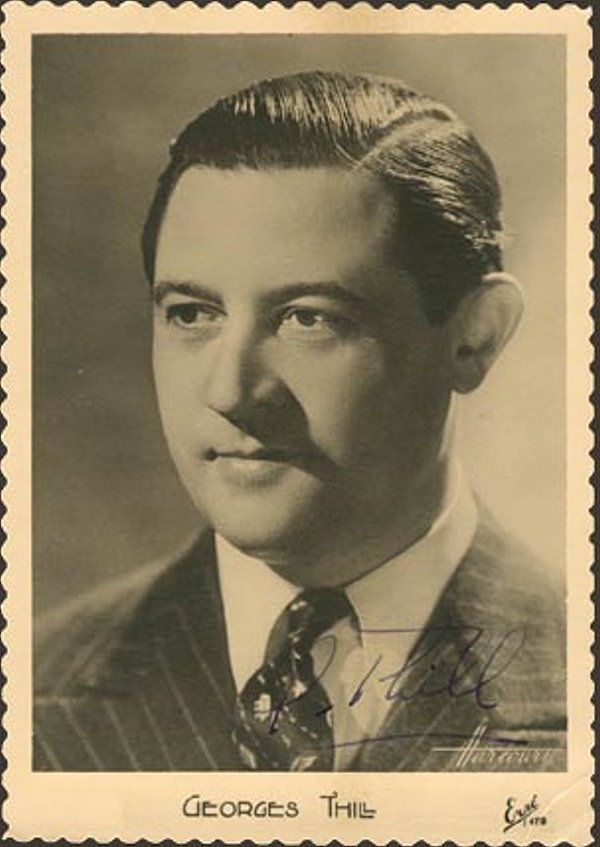
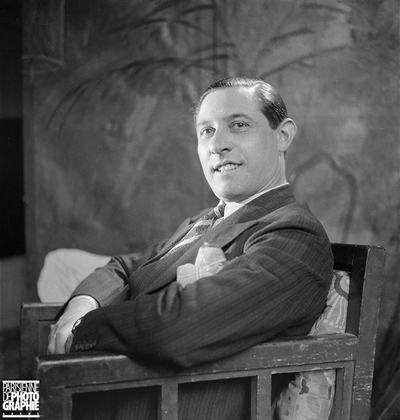
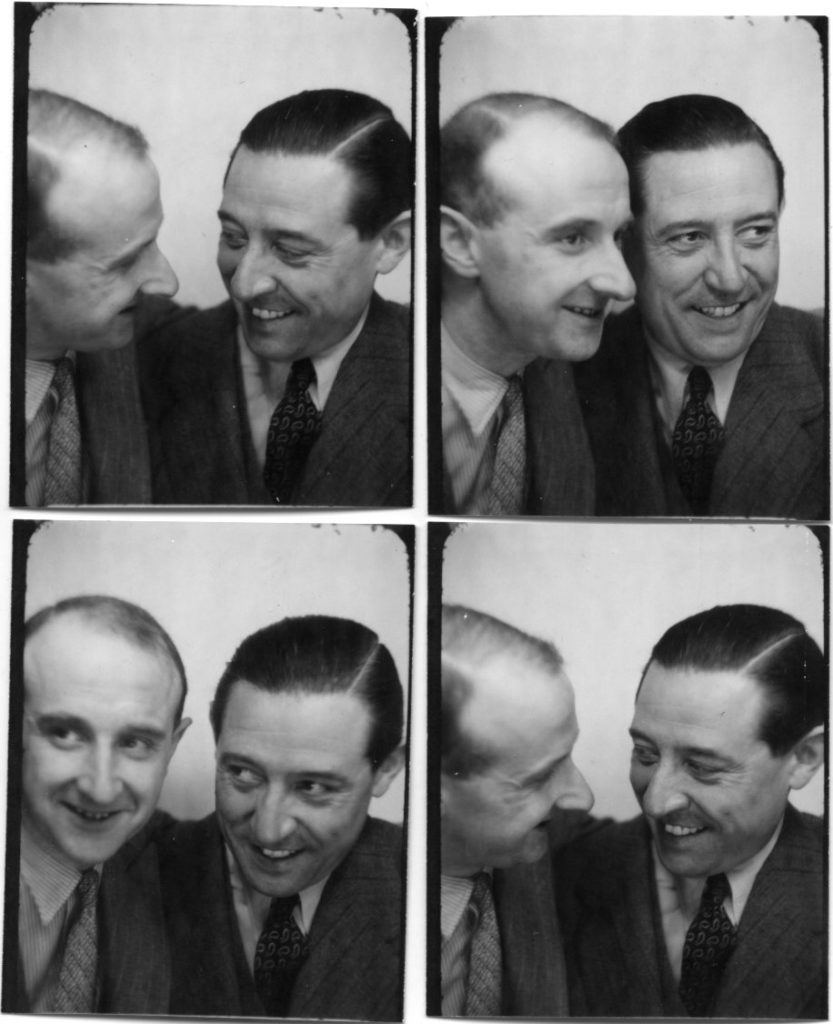
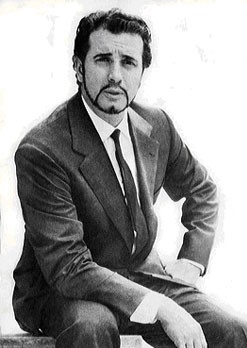
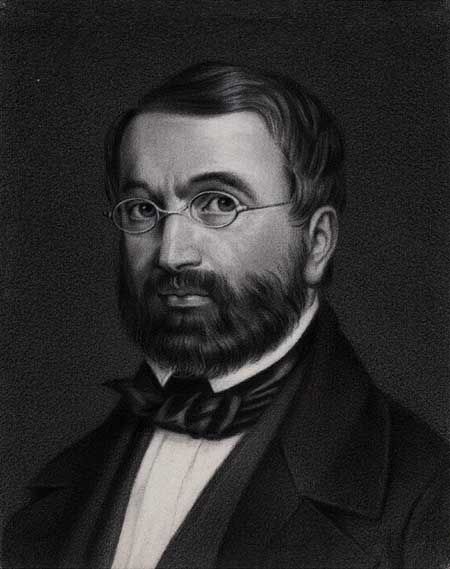
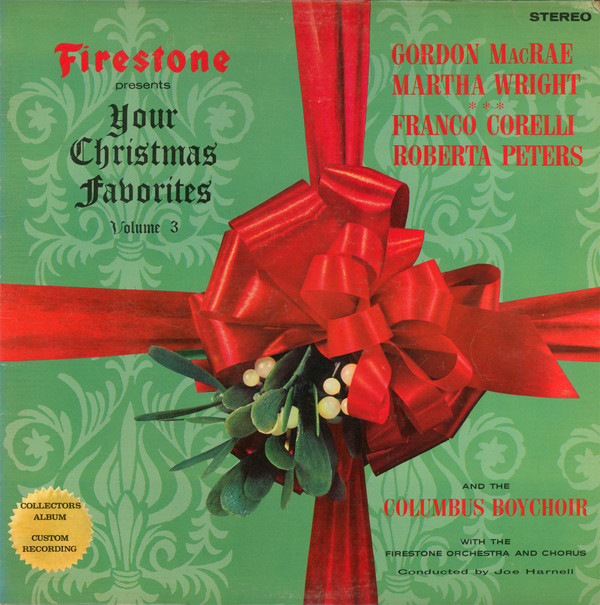
Adolphe Adam: O Holy Night. Franco Corelli, tenor; Anton Guadagno, conductor. Live performance, Cleveland, 1967. Corelli recorded this Christmas aria (for such it is!) for one of those ubiquitous Firestone-produced Christmas albums in the 1960s, but the arrangement is so sappy and horrible (and he eschews the high note!) that I simply could not use it. But imagine my delight when I found this 1967 performance that is cracking with the energy of a live performance. This is one voice that just makes my eyes roll back in my head (and I don’t care if that’s not descriptive enough of the actual voice; even with his ridiculous English pronunciation and his perpetual lisp, Corelli evokes a visceral response in me unlike any other tenor, even Thill (whose near-definitive version of “the Christmas aria” in its original French is not heard on the podcast, but can be found by clicking here).
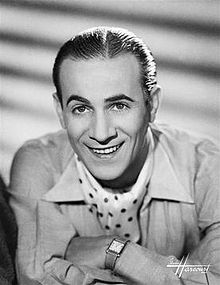
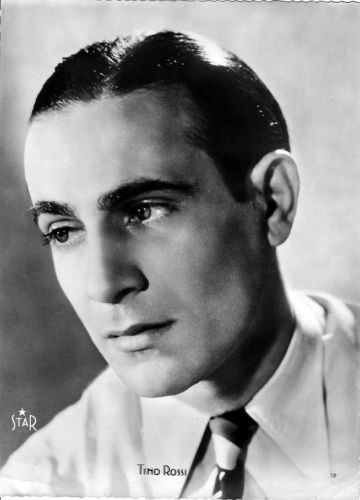
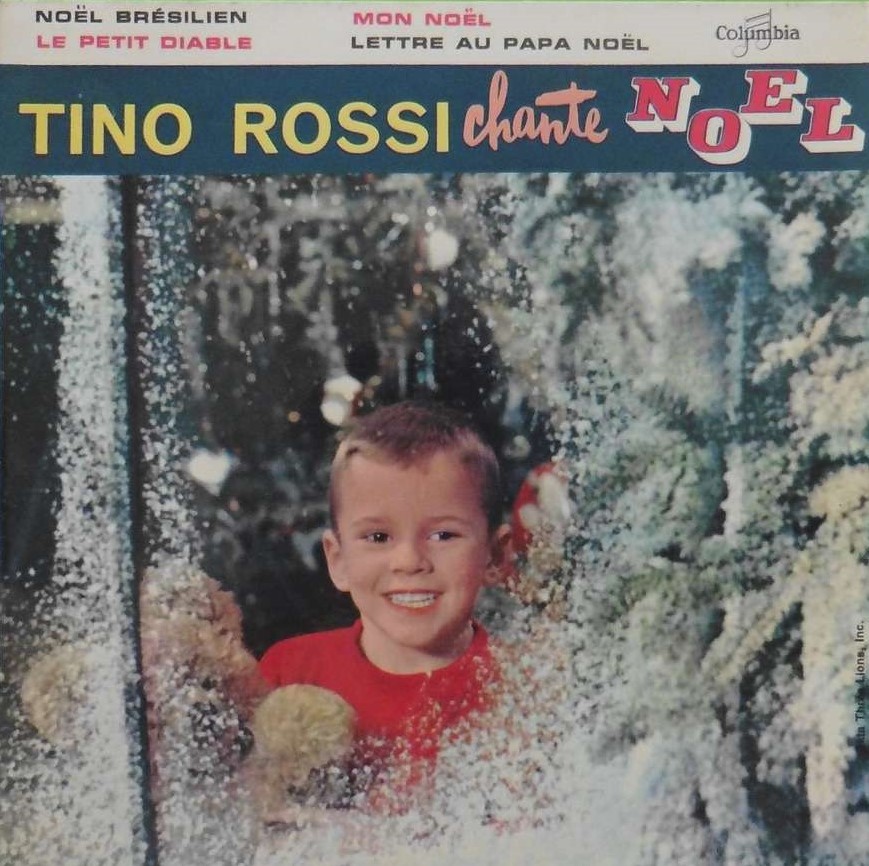
Rostom Sipan Bagdasarian, Sr.: Lettre au Papa Noël. Tino Rossi, tenor. (from Tino Rossi chante Noël, Columbia/Pathé, ESFV 1940, late 1950s). As mentioned in the podcast episode, Tino Rossi is responsible for France’s most popular single of all time, 1946’s “Petit Papa Noël,” (first featured in the film Destin) and a more emotionally manipulative song it would be hard to imagine, although this follow-up is a close second. But this song, I propose to you, is an imposter! Can any of you identify the original version of this song? (Of course if you’ve listened to the podcast, you already know the answer, but if not, clicking on this link will solve the riddle for you. Two clues: it also might help you to know that the original text to the song is in English; the French words are by Henry Lemarchand and Jean Beauval (AKA Philippe Parès). It might also be useful to know that the stage name of Mr. Bagdasarian was “Dave Seville.”)
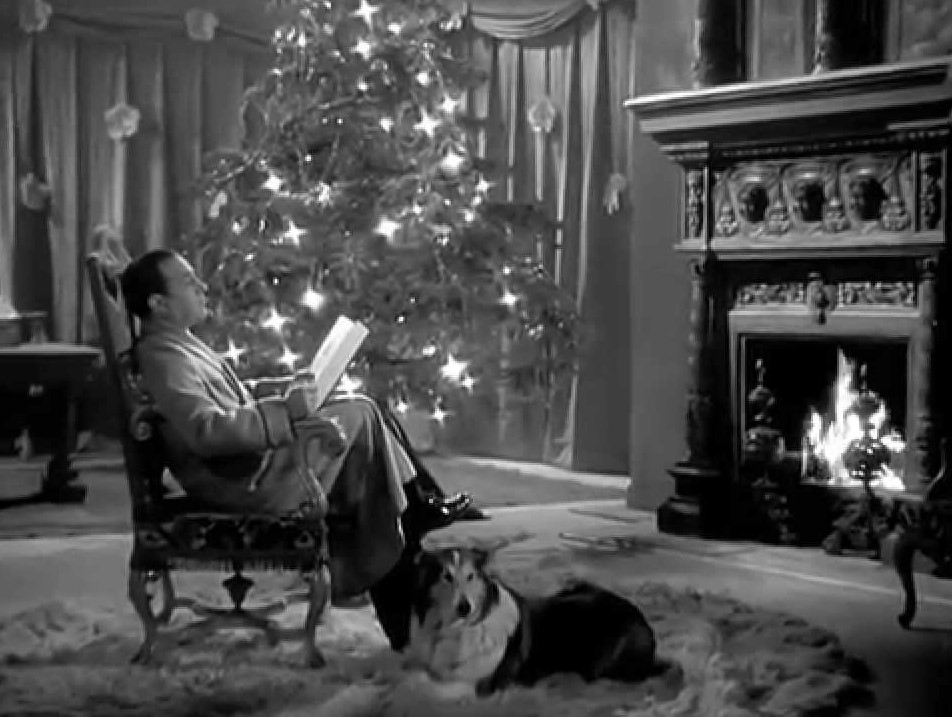
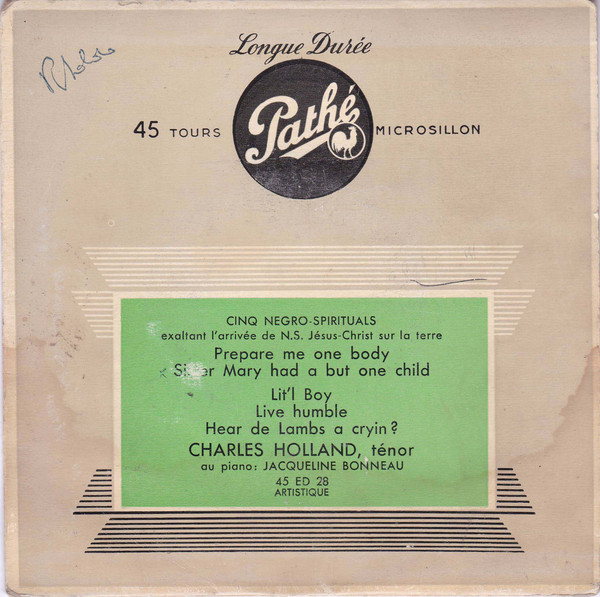
Traditional American Spiritual: Sister Mary Had-a but One Child. Charles Holland, tenor; Jacqueline Bonneau, piano. From Cinq Negro Spirituals exaltant l’arrivée de Notre Seigneur Jésus-Christ sur la Terre (Pathé, 45 ED 28). I hope that Charles Holland’s story will be told in greater depth than I could manage on the podcast. He was an extremely important pathbreaker and a great singer.
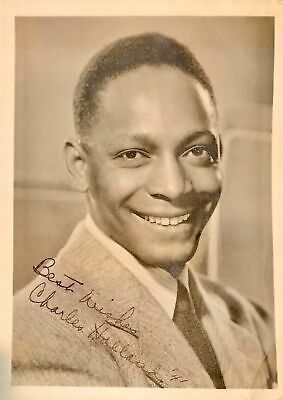
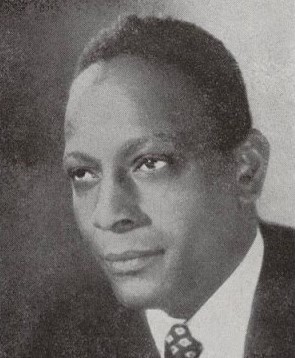
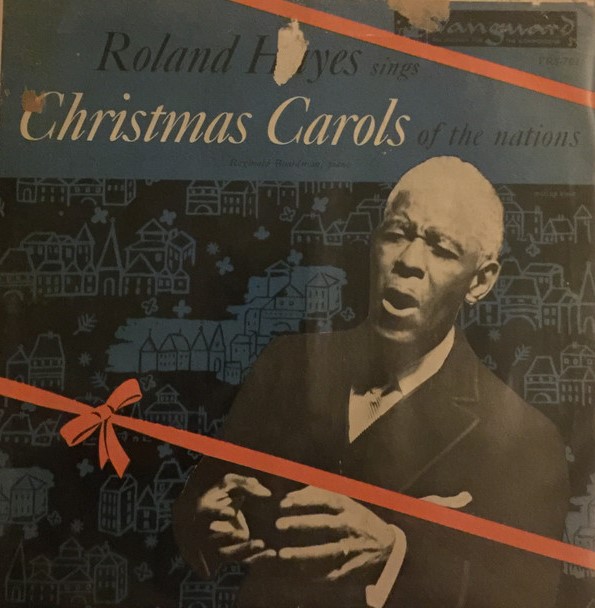
Franz Xaver Gruber, Joseph Franz Mohr: Stille Nacht. Roland Hayes, tenor; Reginald Boardman, piano. From Christmas Carols of the Nations, Vanguard Records, VRS 7016). Roland Hayes, like Charles Holland, was an icon, a pathbreaker, and a great artist. Even here, hovering around the age of 70 and with very little voice left, he gives a moving performance of the perennial worldwide Christmas favorite. We will hear him again on next week’s episode.
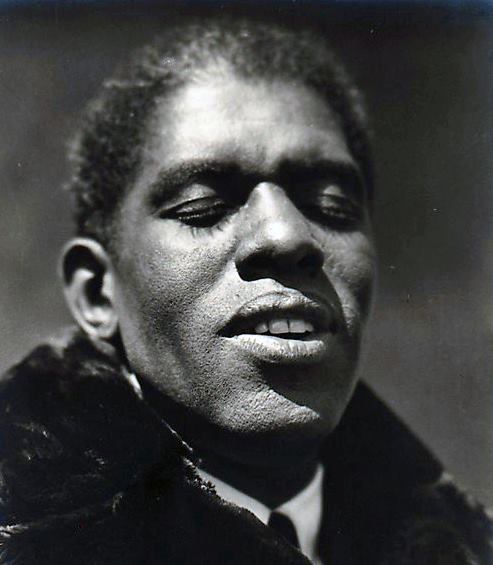
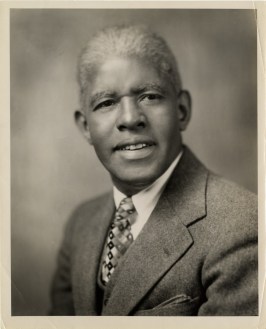
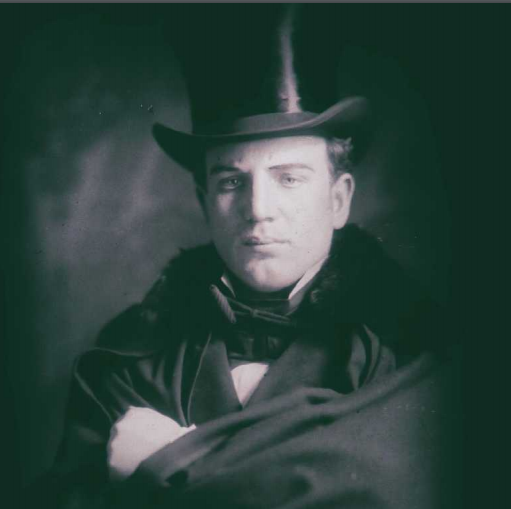
Irving Berlin: White Christmas. Richard Tauber, tenor. Parlophone/Odeon R.O. 20534 (December 1944). I love that the episode ends with a little language and cultural reversal: Roland Hayes singing in German and Richard Tauber singing in English. Earlier I had been waxing rhapsodic on Georges Thill: don’t even get me started on Richard Tauber. As I said on the podcast, he occupies a place in my heart as do few other singers. His masterful ability to float high notes became a trademark of his. But, like Karl Erb, he had an enormous operatic repertoire that embraced roles like Calaf in Turandot and Paul in Die tote Stadt, both of which he sang in important local premieres in the early days of each work. Tauber also warrants significant attention on the podcast; please stay tuned for future episodes devoted to him.
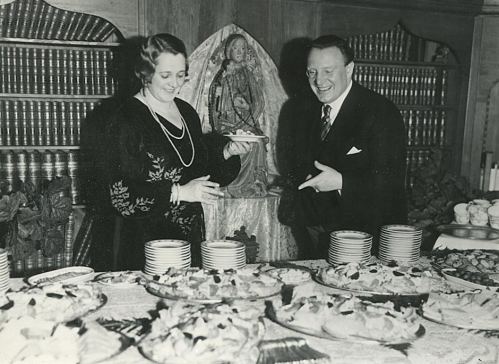
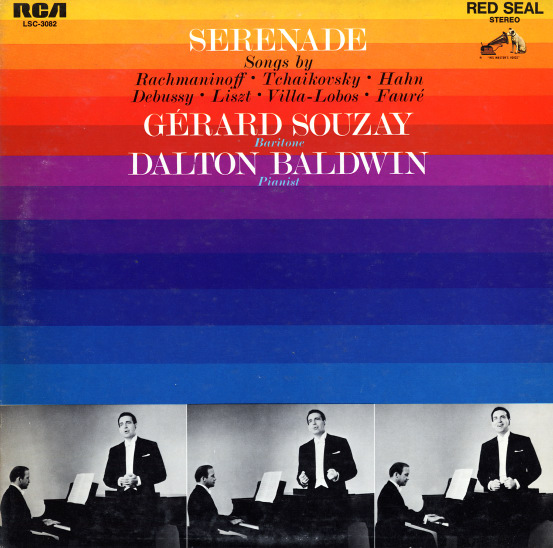
Claude Debussy: Noël des enfants qui n’ont plus de maison. Gérard Souzay, baritone; Dalton Baldwin, piano. From Serenade (RCA Red Seal LSC-3082, 1969). RIP Dalton Baldwin, 19 December 1931 – 12 December 2019. France Musique has posted a tribute to Baldwin that includes several radio interviews.
